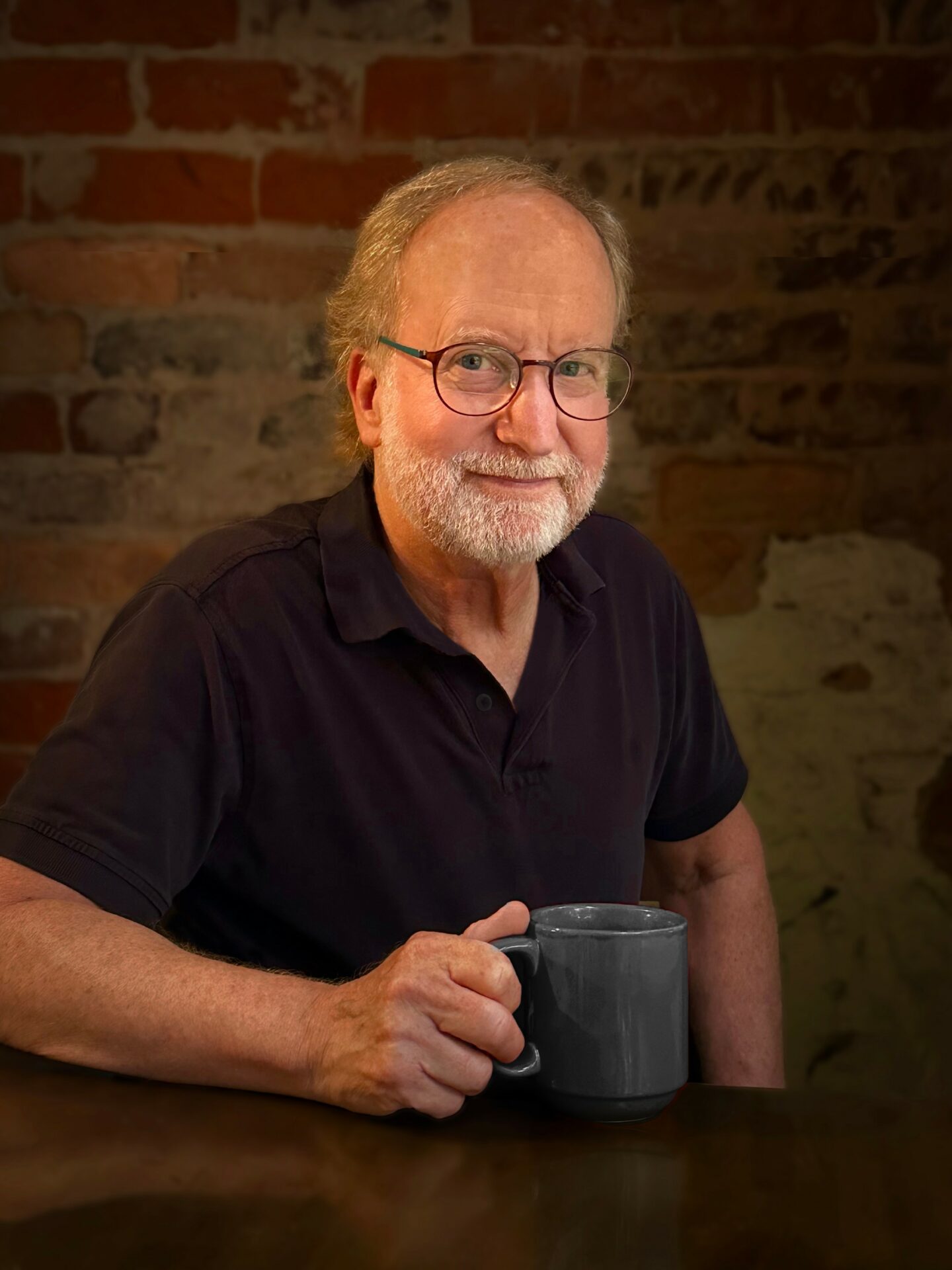We recently connected with Ed Wolkis and have shared our conversation below.
Hi Ed, we’re so appreciative of you taking the time to share your nuggets of wisdom with our community. One of the topics we think is most important for folks looking to level up their lives is building up their self-confidence and self-esteem. Can you share how you developed your confidence?
This is kind of a chicken or the egg question. I didn’t necessarily start out with a ton of confidence. It was built incrementally along with the small, and later the larger successes. If you can talk yourself into being confident without any accomplishments to back it up, more power to you! But in my opinion it’s something that goes along with developing the skills and knowledge to succeed in your field.
That said, sometimes you just have to take the leap. About thirty years ago I was at a party, and I met a lady named Jackie Goldstein who worked at WSB-TV. Jackie suggested that I stop by and meet the Creative Director, Ted Young. Despite my fears, insecurities, and propensity for procrastination, I finally went there, and showed my work to Ted, who, on the spot, offered me a photo project… a photo of a hand with fire coming out of it for a TV Guide ad promoting a Halloween news story! I graciously accepted, “Sure, no problem!” and walked out wondering how in the world I was going to pull this off!
Somehow, despite the fact that this was many years before Photoshop, I managed to get it done, using my own hand as the model, (couldn’t get any volunteers), a small camping burner, scraps of paper kindling, and a black curtain for a background. It actually came out looking pretty good, enough to impress Ted and Jackie and the higher ups.
WSB-TV became my steady client for the next ten years. Every photo shoot had its challenges, from photographing a model of a cruise ship and making it look real, to working with a Vietnamese Pot-bellied pig, or even a dozen rats. As I produced more photos, I learned to problem solve, and gained the confidence to know that I would succeed at the next project. Soon my name got around to the other news stations, and I was doing still photography for just about every television station in town, including Turner Broadcasting and CNN. Jackie eventually became Creative Director at Turner Broadcasting, and I worked with her there for many years.
So the bottom line is, you’re not going to get self-confidence by listening to audio books, meditating, or watching a panel of experts. Get out there, do your thing, do it well. Solve problems, do great work, win awards. You’ll have your self-confidence!
Thanks, so before we move on maybe you can share a bit more about yourself?
So, as I was saying in the previous question, I got my start in Commercial Photography by working for the television stations in Atlanta. From there, I branched out, with clients such as The Home Depot, Dupont, Coca Cola, Delta Airlines, General Electric, Owens Corning, etc. My work has taken me all over the world, from Europe, North Africa, Central America to China and Tibet, where I documented a medical mission for the Flying Doctors of America. I’ve had plenty of great adventures, a few, shall we say, more than I was anticipating, that I’ll tell you over a beer sometime. Overall, I can’t think of a better career, with some great stories to show for it.
I sold my studio several years ago and I am now concentrating on Architectural Photography. I’m using the skills from my commercial work, and I’m enjoying the simplicity… it’s just me, my camera and a building. I am still, from what I’m told, somewhat obsessive about my image quality, and I spend what is probably an excessive amount of time in Photoshop, but I love it.
Looking back, what do you think were the three qualities, skills, or areas of knowledge that were most impactful in your journey? What advice do you have for folks who are early in their journey in terms of how they can best develop or improve on these?
I’ll start with the advice. Be obsessive. Eat, sleep, dream your passion. Have your plan B, but put it aside. Don’t be thinking about it as an option. Of course this advice is not for everyone, only you can decide if it works for you.
Back in the film days I would spend all night in the darkroom, sometimes working on one image. The differences were so subtle that sometimes I would come in the next morning, look at the hundred or so prints I had done of the same image, and I could barely tell them apart. But I would not let a client see my work until I was totally satisfied with it.
It doesn’t matter if you inadvertently undercharged for a project. (That said, don’t undersell yourself. Keep reading, that’s a whole other topic). Make it as good as you can possibly get it before the world sees it. I once spent five days on a simple photo that I thought would take an hour. Finally I got it done, handed it to the client, and said thank you very much. You are always building your brand.
Ok, a little about the business side. Of course. this advice is geared towards aspiring professional photographers, but I’m sure a lot of it is relevant for any independent creative type.
As I said above, don’t undersell yourself. If you have a four-hour photo shoot, and you charge $300, you may think that you are making $75 an hour. Pretty impressive, right? Not so fast.
Let’s estimate your scenario. You also have the time you spent getting your equipment together, driving to the location, setting up, breaking down afterwards, driving home, unpacking, and then getting the images off your camera into your computer. Then the next day you go through the images, run them through Photoshop or Lightroom, and deliver them to the client. So, essentially, you have more than a day invested. Most photographers do not get jobs every day, so let’s say you do one every other day, two a week, then devote one day for marketing your business. So now you’ve made $600 for the week. $30k per year, minus say, 10k for health insurance, and another 5k for auto expenses. Now you’re down to a $15k salary per year. Not so impressive anymore. My advice is to figure out what you consider to be a fair salary, and work backwards from there. Then compare that to what others in the business at your level are charging, and set up your budget.
Don’t worry about losing jobs to others who charge less. You will never be, nor do you want to be the cheapest. Plus, once you charge a low price to a client, it’s very hard to move up from there.
Keep learning. The biggest challenge for myself and many other photographers was the change to digital photography. I used to look forward to reading a good mystery novel at lunch. After someone had the audacity to invent digital photography, I spent my lunchtime every day reading Macworld magazine. I would read through the whole issue, and realize that I understood nothing. Next issue, I understood some, and eventually I got a handle on it. I’m still learning every day.
One of our goals is to help like-minded folks with similar goals connect and so before we go we want to ask if you are looking to partner or collab with others – and if so, what would make the ideal collaborator or partner?
I’m always open to collaboration. When you find people that you work well with, it’s magic. I have clients that I’ve known for over thirty years. The ultimate reward is when we produce work that is better than any of us could have done individually.
At this point in my life, I’m allowing myself the luxury of picking and choosing projects. I would love to work on another book, or do some fine art. It could be in the architectural area, or maybe some cool studio photo project. I’m open to suggestion! You can reach me through my website, email, text, postcard, carrier pigeon, or whatever.
.
Contact Info:
- Website: www.wolkis.com
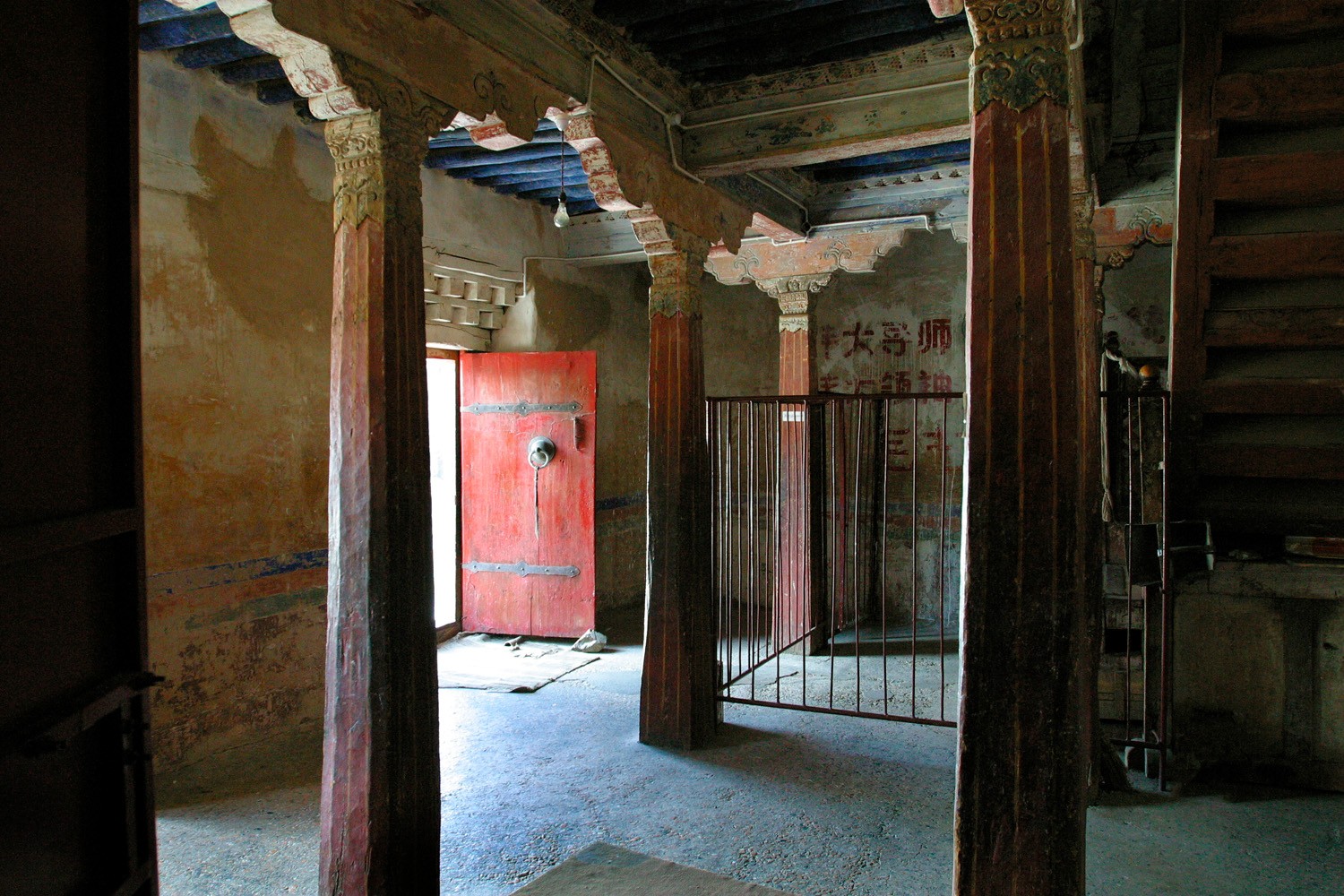
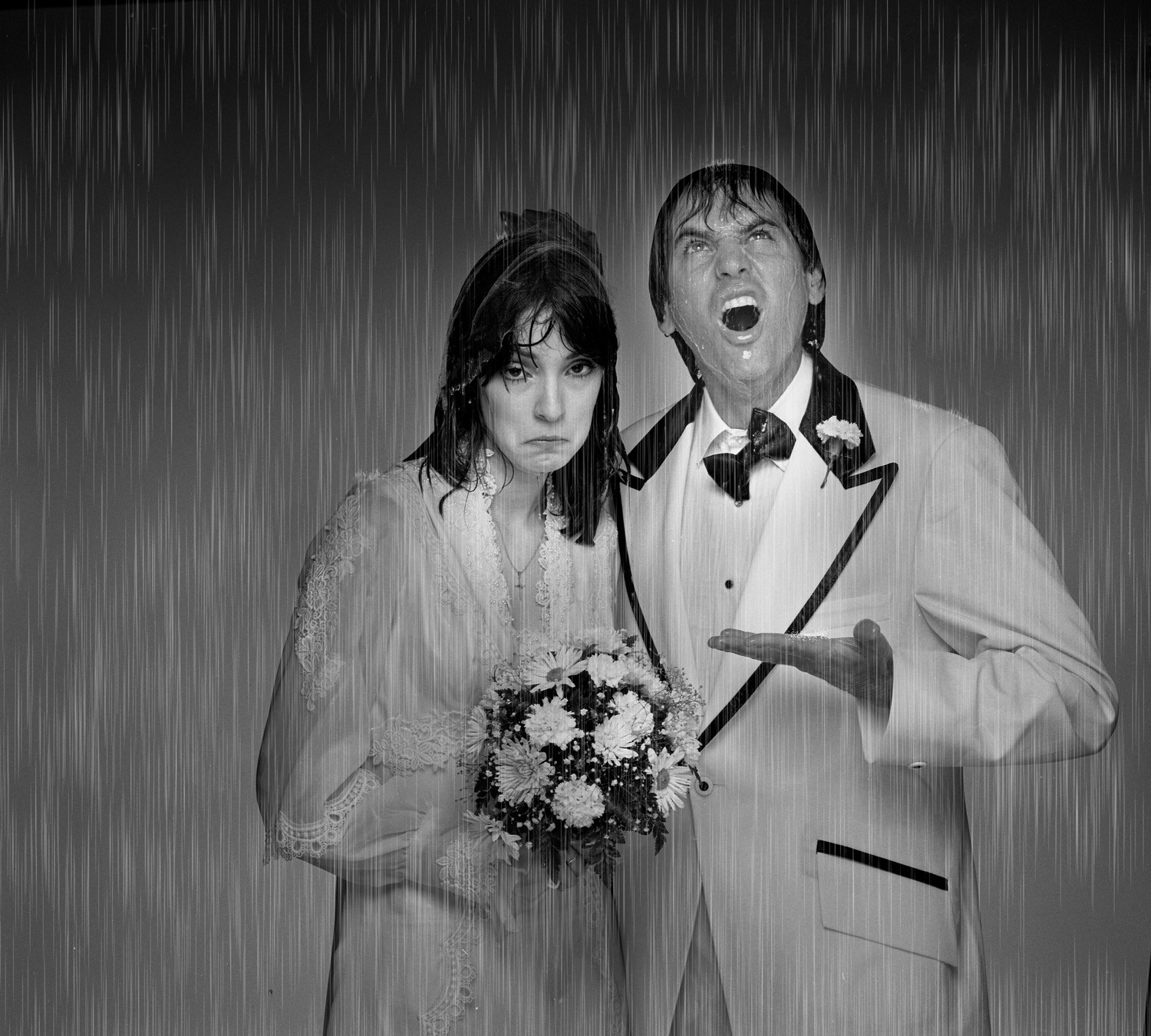
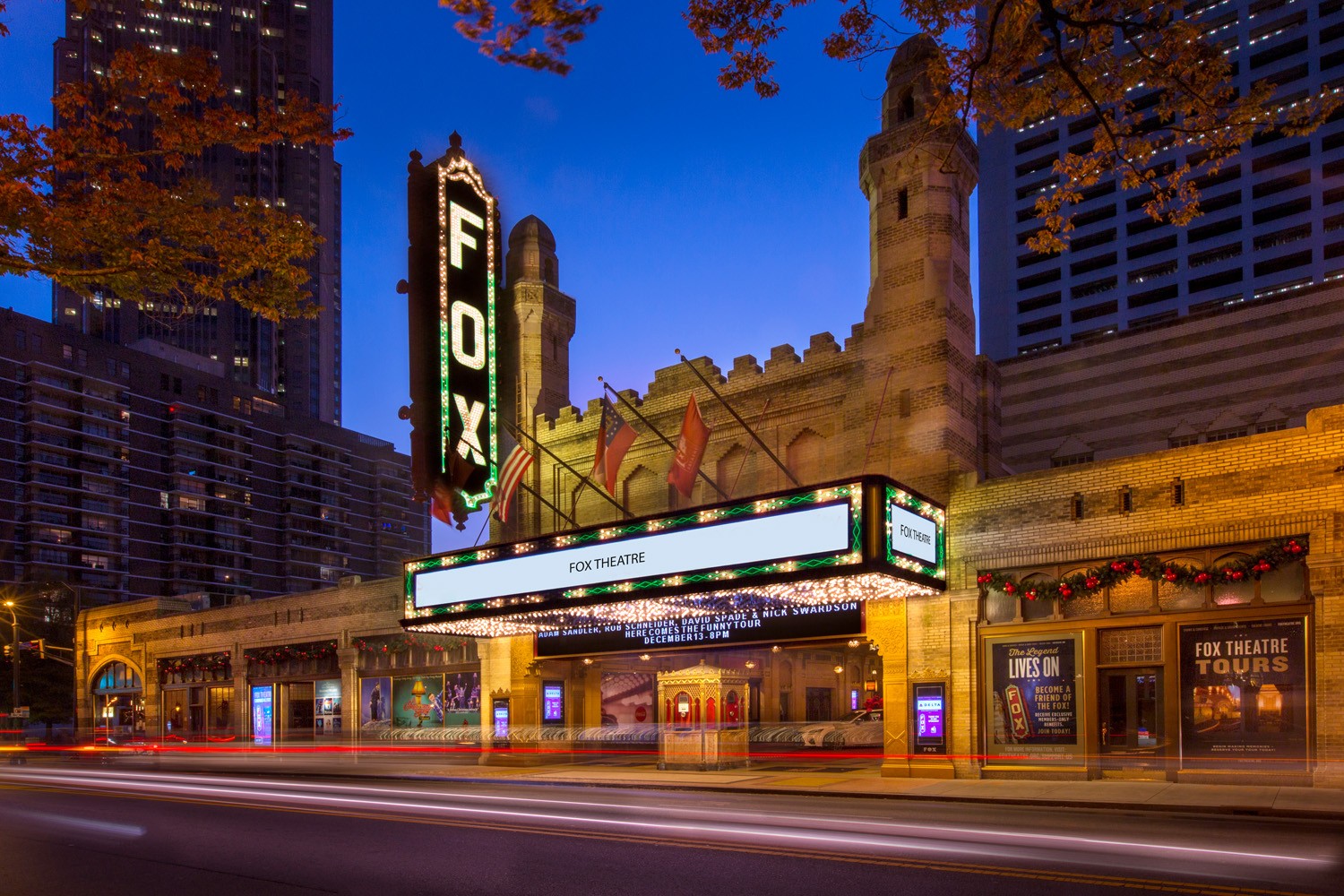

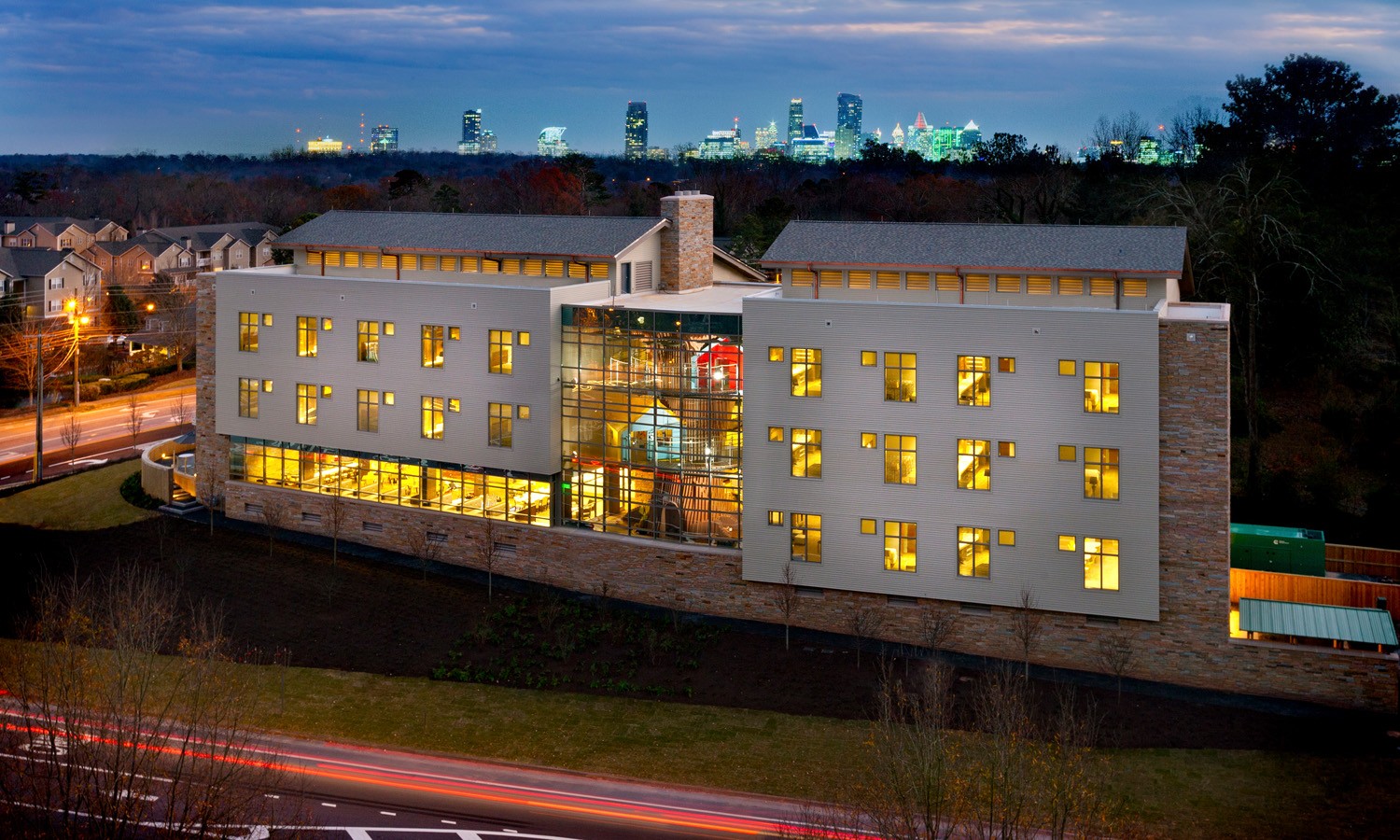
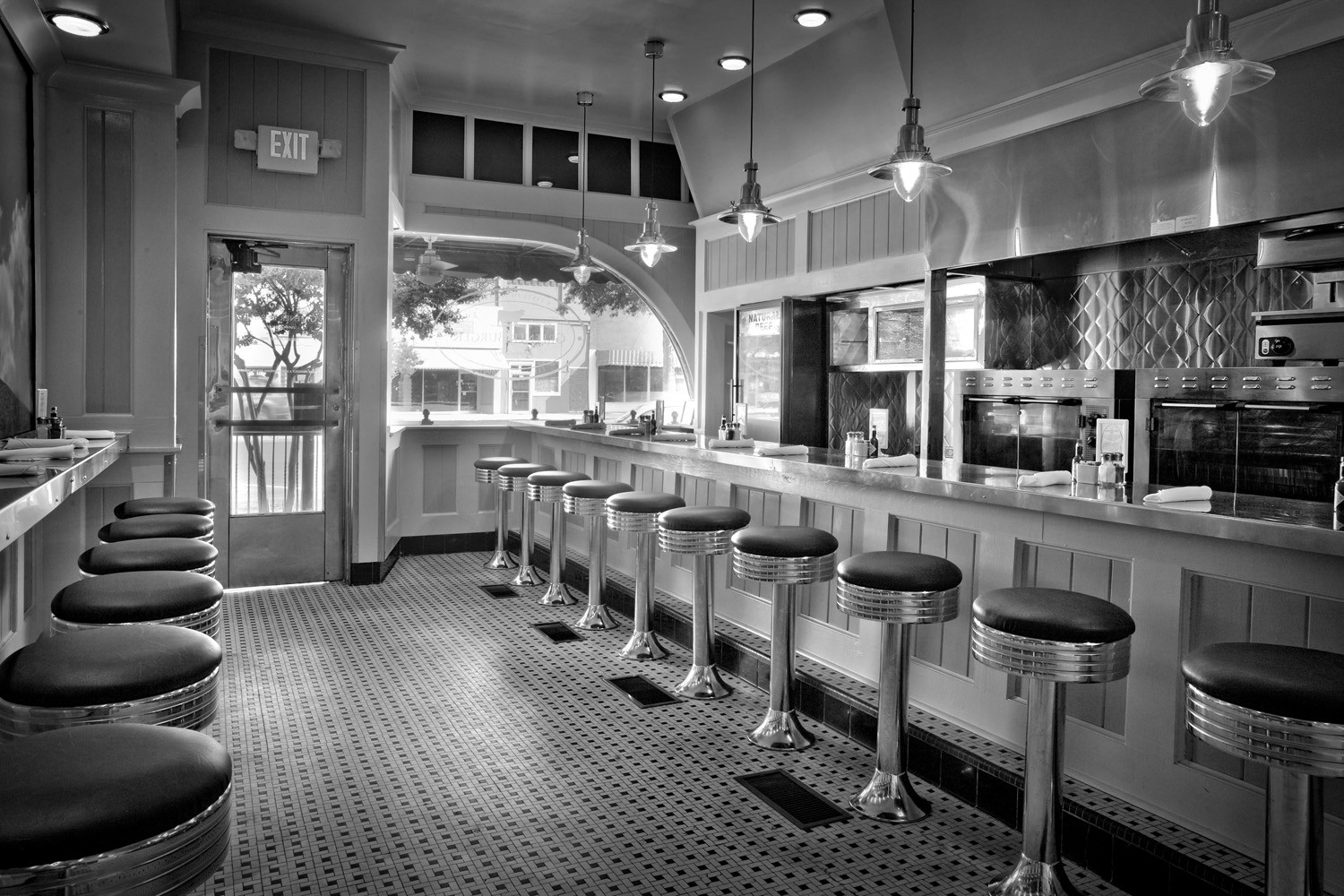
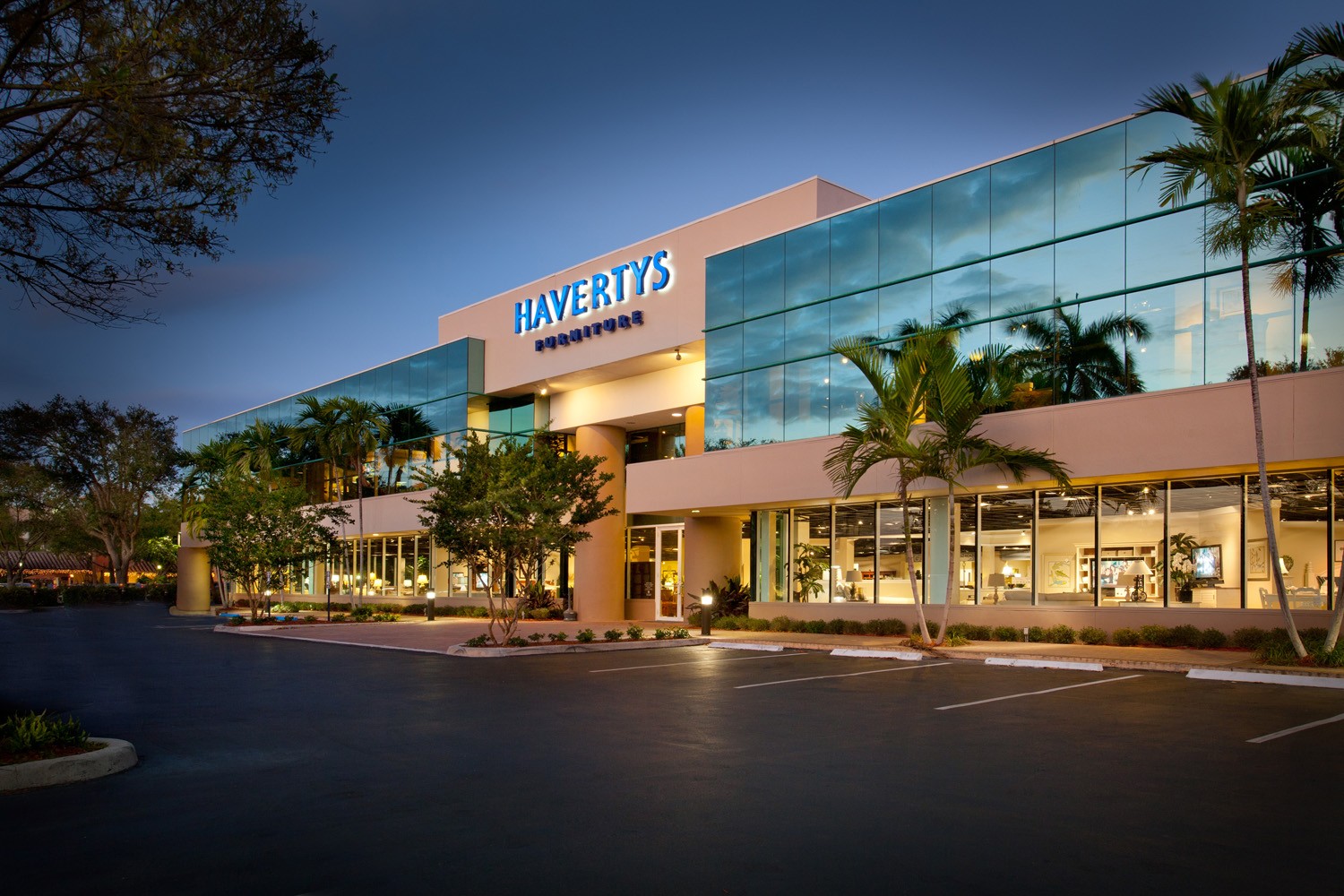
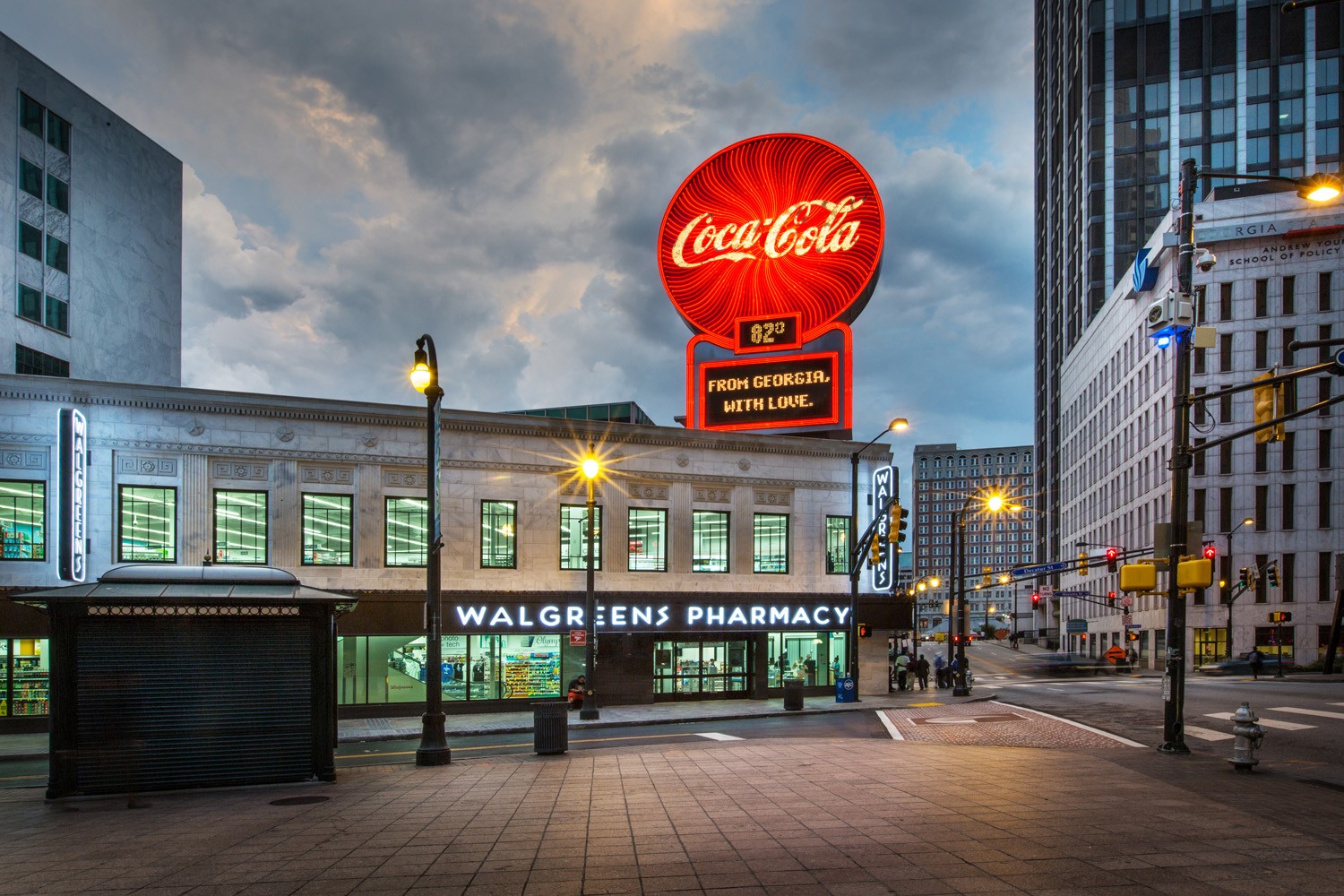
Image Credits
Ed Wolkis portrait by Kacy Dinh. All other photos copyright Ed Wolkis.

